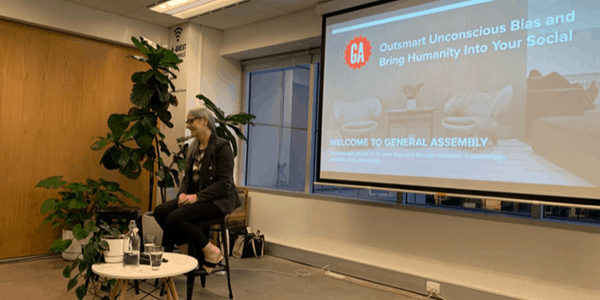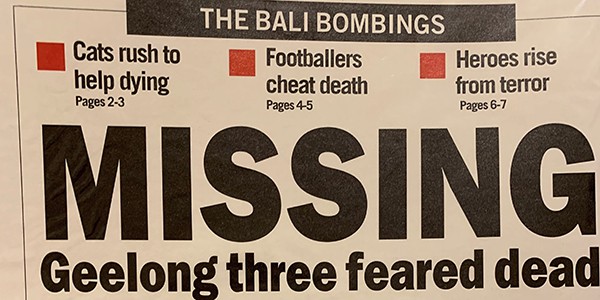Engaging With Communities
I was really pleased to complete the final module of my IAP2 Certificate of Engagement recently. Over a 12 month period I have delved into the world of engagement and strategy moving through the modules on engagement foundations, methods, facilitation and evaluation.
Engagement Evaluation was one of the more daunting lessons for me. It was acknowledged in the room that engagement evaluation is often done badly, or done rarely.
Evaluating the engagement can be tough because participants find it hard to differentiate between project and engagement ie ‘I don’t like the project’ or ‘I don’t like the project but I was treated with respect’.
‘Our job is to hear all voices and give them equal weight because it’s not for us practitioners to make value judgements,’ Tutor Lucy Cole-Edelstein said.
IAP2 says a key risk in engagement is complacency, thinking that we know our community, local stakeholders and preferences. Undertaking evaluation of the engagement process helps to:
– determine whether engagement was effective
– asses whether appropriate methods were used
– asses whether feedback and outcomes were what was needed
Lucy said evaluative thinking is part of our everyday life, and it doesn’t have to be complicated.
But you do want evaluation to be meaningful, to tell a story – positive or negative – and to use it to influence up and back out into community and stakeholders who have trusted you enough to engage.
Just as challenging earlier in the year, the Facilitation in Engagement module took us through how we develop the skill and confidence to facilitate live events, building tools and being able to troubleshoot on the fly (or at least, being prepared to try!)
Being able to lead from behind and still be confident, maintaining confidence and our cool when others have differing views or are being, shall we say, difficult (!), having non-judgmental dialogue and identifying what makes a great conversation were all key interests to the group.
I particularly loved the 3 P’s of facilitation – Purpose, People and Process (also pretty fundamental to engagement) and the need to look at our own style and approaches catering for different learning and personality styles.
Some of this is intuition and reading people and the room, supported by process and planning, and that appealed to me with my own experience in and as part of communities and teams.




Leave a Reply
Want to join the discussion?Feel free to contribute!